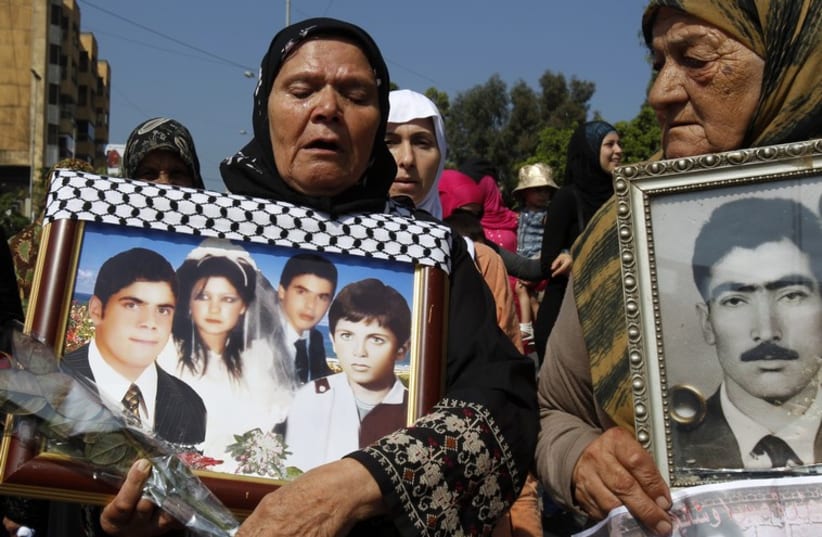This week we bring you three significant historical events - the massacre at the Sabra and Shatila Palestinian refugee camps in Lebanon in 1982. Following this event, Israeli civilians held mass protests over the Israel Defense Forces’ disregard of the brutal murders as Israel controlled West Beirut at the time. Also this week, the UN probe alleged Israeli crimes against humanity in the Gaza conflict of 2009 and there was savage fighting reported in Jordan in 1970.
On September 16, 2009, the UN probed alleged Israeli crimes against humanity in the Gaza conflict. The Post noted that the Goldstone Commission gave Israel three months to investigate the purported war crimes during its attack on Hamas during Operation Cast Lead. Israel referred to the Goldstone Commission Report as “nauseating” and argued it lacked the context of a decade of Hamas terrorist attacks. Goldstone, in a an op-ed piece in the Washington Post on April 1, 2011, recanted parts of his own commission’s findings, and wrote that, “If I had known then what I know now, the Goldstone Report would have been a different document.”
